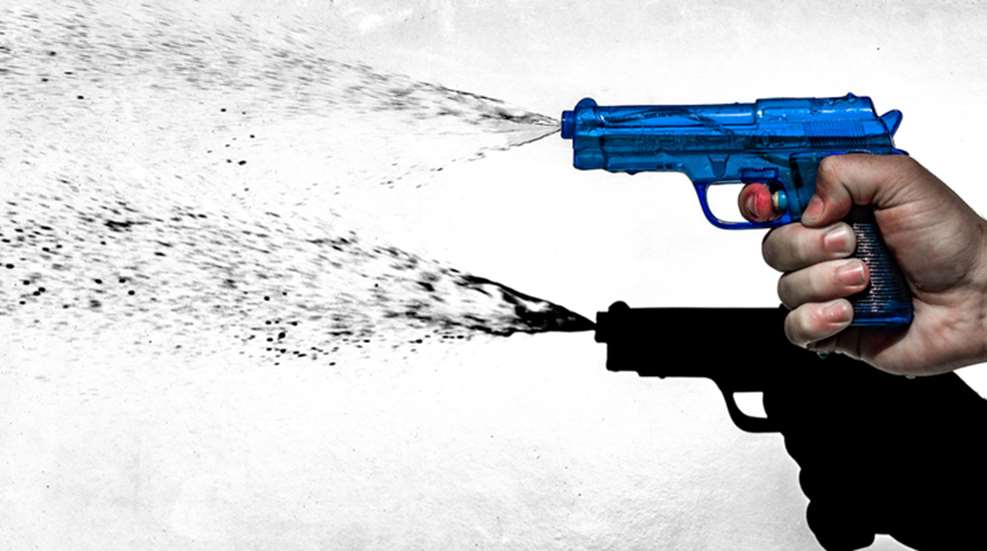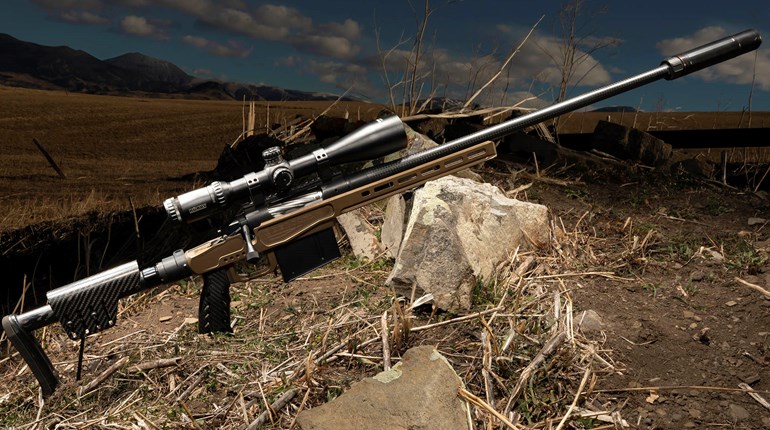
This summer’s hottest trend isn’t just the temperature—it’s staying hydrated. As our bodies sweat to help cool us down, we need to replenish that cycle with some water. Yet, despite our best intentions, we might not be hydrating properly, and it’s important to know the issues, signs and solutions to dehydration. Here is our list of the need-to-knows for dehydration, and how to keep an optimum level of water in your body all the time.
1. You can become dehydrated very easilyPeople don’t realize they’re parched until sometimes it’s too late, and this is how dehydration can progressively get worse. Early signs of dehydration can be ignored (dry, sticky mouth, dry cough) and then as moderate dehydration takes over the body symptoms increase (dark colored urine, dry lips and skin, headache, dizziness or lightheadedness). The speed at which this can occur depends on the person, the age of the person and the activity. Some people can be predisposed to dehydration due to a certain disease or prescribed medications. Young children are much more susceptible to moderate dehydration since they have smaller fluid reserves. The elderly are also at a higher risk for dehydration since body water content decreases as we age. Throw in a hot day at the outdoor range, and dehydration will be knocking at everyone’s front door. Be proactive in warding off dehydration and don’t let an ignored thirst or dry mouth turn into severe dehydration.
2. Water alone isn’t always enoughThe information above tells you how quickly dehydration can take effect and the signs and symptoms to look out for, so what about being proactive? It’s always good to have a water bottle near you at all times, and take sips even though you don’t think you are thirsty. Yet, those brutally hot days outside combined with movement, sing a different tune. As mentioned, our bodies sweat to cool us down, so on hotter days we will sweat more. That sweat we are releasing, however, isn’t just water. There are tiny amounts of chemicals— such as ammonia, urea, salts and sugars— that are excreted in little beads of sweat. To help replenish those lost chemicals, you can add salts, lemon or fruit juice to your water to give it that extra hydrating boost you need. Check out these recipes for fruit-infused water.
3. Being dehydrated can affect your motor skills and moodDehydration is an issue that affects your whole body, and if left to progress, it can affect your motor skills and mood. According to a study conducted by the United States Department of Agriculture and Tufts University, dehydration was associated with negative mood and confusion. Additionally, dehydration can lead to fatigue, uncontrollable shaking, headaches and other negative aspects that affect your motor skills. For a day on the range, it’s so important to be tuned in to the target in front of you and everything else going around; spatial awareness is a skill that should be practiced by all shooting sports enthusiasts. Your hands and stance need to be solid and strong, and your concentration should be at its peak when peering down your sights. Being dehydrated can directly affect all those aspects, and truly inhibit your shooting skills. Fatigue and shaking can weaken your grip; confusion can make it difficult to focus on your target and surroundings; a negative mood will take all the fun out of an exciting day at the range. So wet your whistle to stay focused, strong and mentally unimpaired.
4. Don’t overhydrate!We have stressed how important it is to have water with you (and hopefully with a little salt and fruit!) each and every day of the hot, hot summer. We also must make sure you’re aware of overhydrating or drinking too much water.
If your kidneys—filtering organs that keep the components of blood stable— receive too much water, they are unable to excrete excess water. Excess water will then collect in the body and dilute sodium to dangerously low levels—this is called hyponatremia. Overhydrating can happen consciously (someone drinking too much while out in the sun) or unconsciously due to medications or disease.
Signs of overhydration are vomiting and nausea, headache and becoming confused or disoriented. Yet, overhydration is very rare, and in general doesn’t occur to healthy adults who consume an average diet.
Have fun this summer, and take every chance you get to go out to the range with friends and family and practice your skills! Be aware, however, of what your body is saying, and find that perfect homeostatic level of hydration.







































